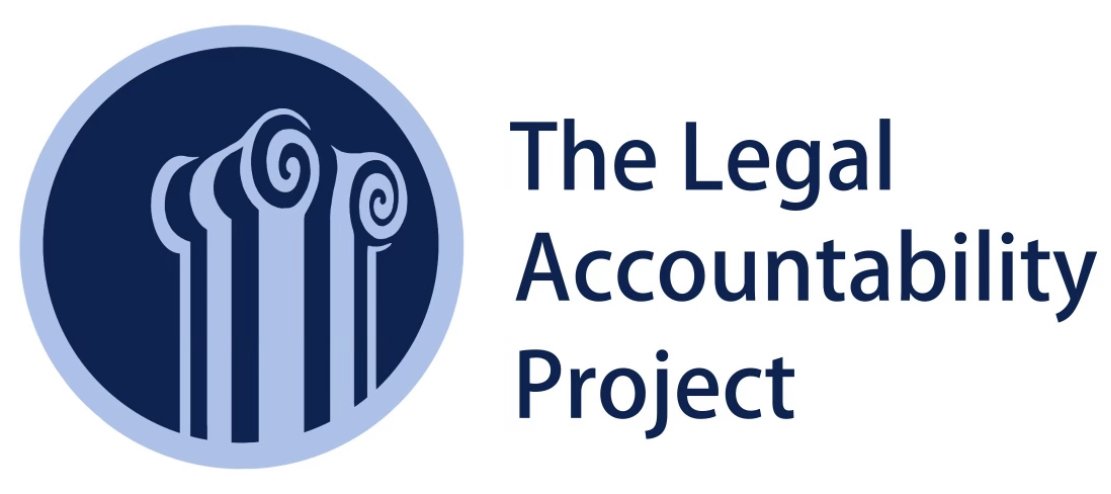Advocating for Disabled Law Students and Clerks
It's Disability Pride Month. Yet judicial clerkships - one of the legal community's coveted spaces - are not accessible to all students and attorneys, particularly to those with disabilities.
Law clerks are exempt from federal anti-discrimination laws, including Title VII of the Civil Rights Act of 1964, as well as the Americans with Disabilities Act of 1990 and the Rehabilitation Act of 1973. This means individual judges are empowered to act not only as hiring manager, but also as HR coordinator and DEI director. Unlike many other workplaces, judges can decide on an individual basis whether or not to grant accommodations to employees - potentially precluding disabled attorneys from clerking.
The Judiciary Accountability Act (JAA), legislation introduced in the last Congress, would correct this injustice for more than 30,000 judiciary employees, extending to them the same anti-discrimination protections as their peers in other workplaces and empowering them to sue and seek damages for harms done to their careers. In the absence of legislative change, LAP works on other ways to empower disabled students to pursue clerkships in accessible workplaces.
Through advocacy, public education, and innovative legal technology, LAP aims to ensure that everyone who wants to clerk, including historically marginalized groups like disabled, female, non-white, first-generation, and LGBTQ+ students - are empowered to make informed career decisions. Disabled applicants have unique considerations when deciding whether and where to clerk, including whether courthouses are accessible, whether judges are sensitive to their disability status, and whether they’ll be granted the accommodations they need to succeed in the workplace.
By increasing transparency and diversity in the clerkship application process, judiciary, and legal profession, LAP’s Clerkships Database will correct information gaps and help make workplaces more accessible, equitable, and inclusive for everyone. Our post-clerkship survey and Clerkships Database finally shed light on information that students need to know before applying and interviewing for clerkships.
During Disability Pride Month, and every month, we should work to ensure that everyone can bring their full selves to the workplace, including to a judicial chambers. Diversifying the legal profession necessitates diversifying clerkship hires, considering the premium that legal employers place on clerkships. Increasing transparency and providing all students, regardless of their school's ranking or resources, with transparent information about clerkships is the best way to empower more diverse students to clerk.
If you are a former law clerk and you'd like to help LAP increase transparency, diversity, and equity in the clerkship process, please visit survey.legalaccountabilityproject.org to share your clerkship experience.


